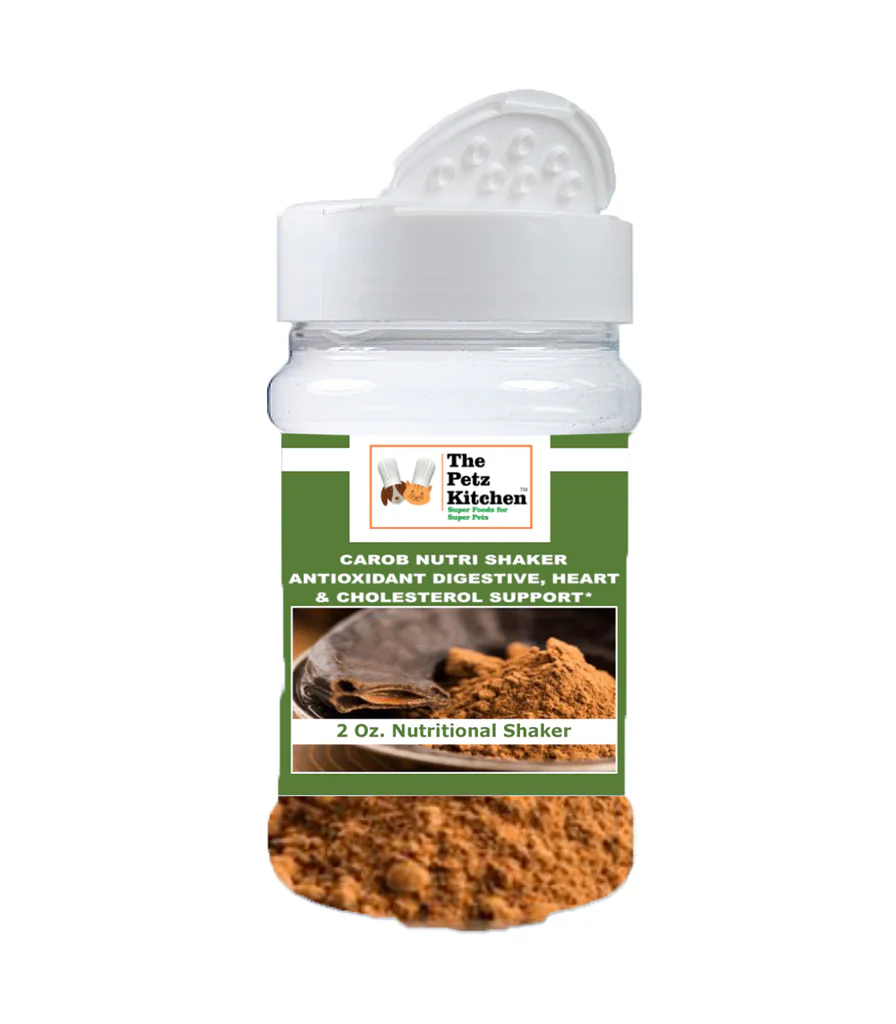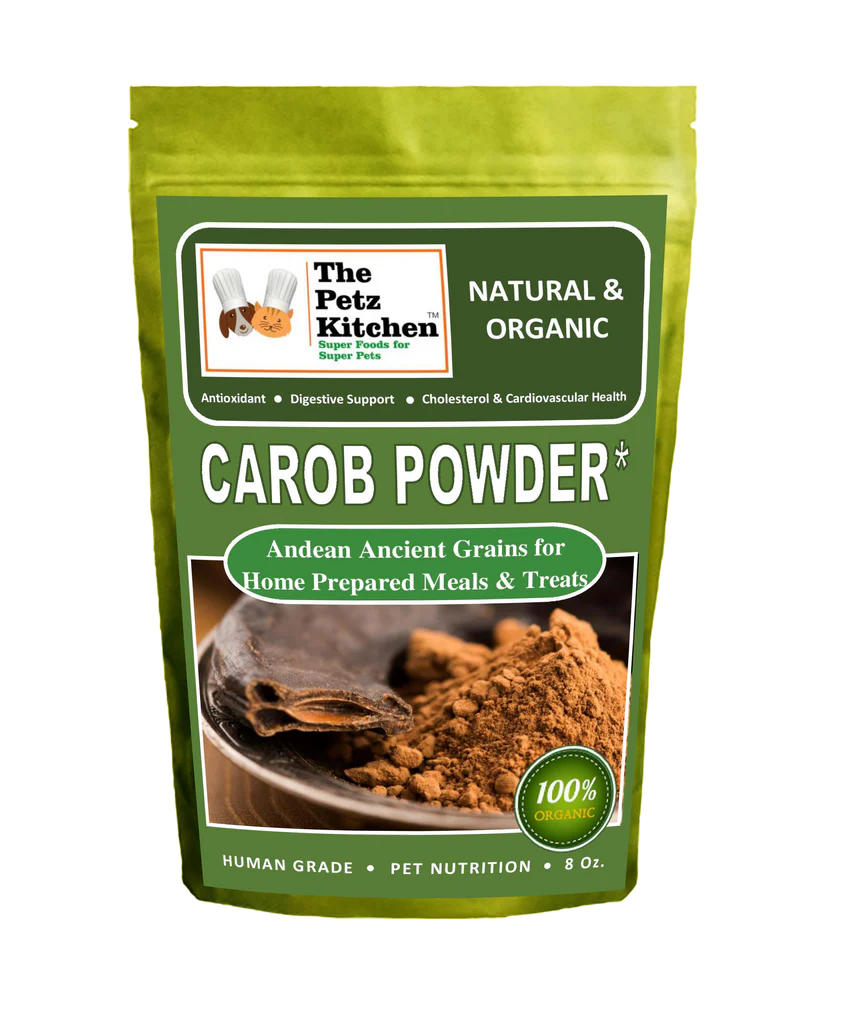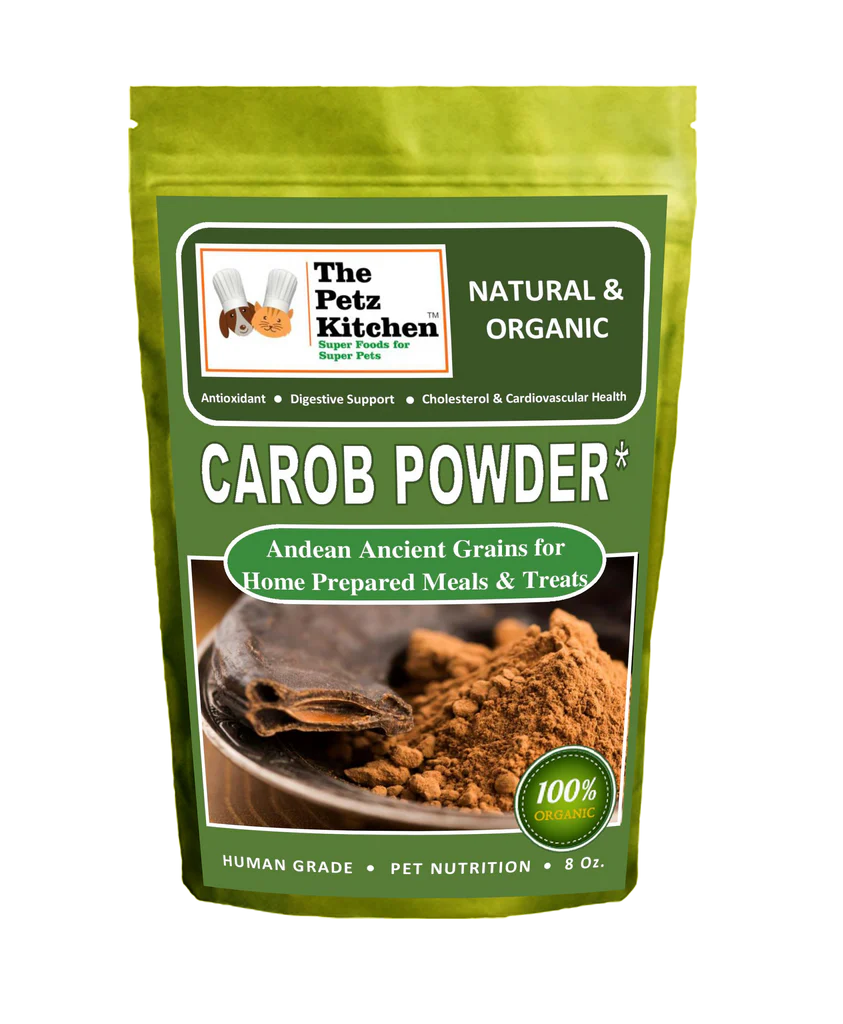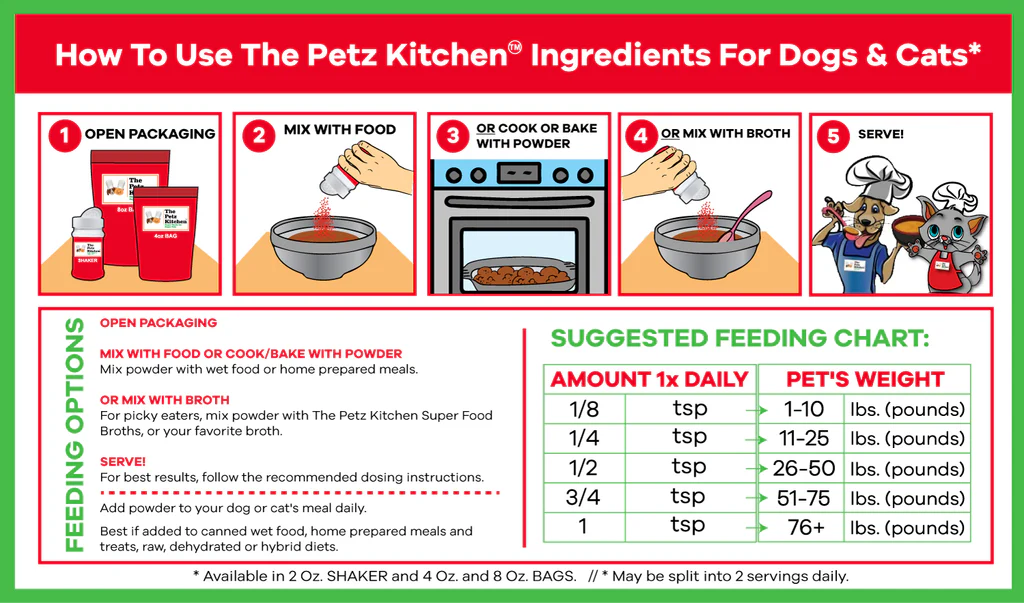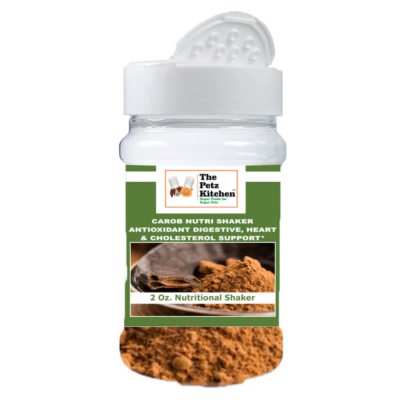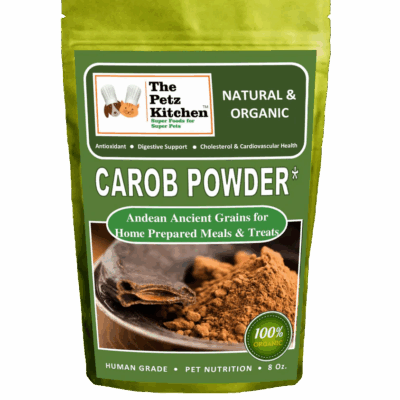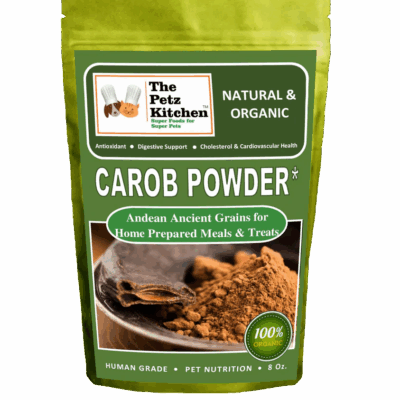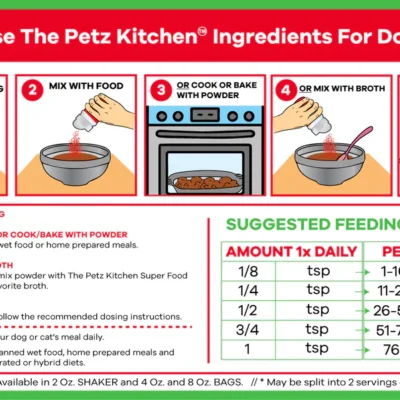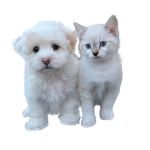Benefits of Carob
Provides Nutrients and Antioxidants
Carob is a major source of dietary fiber. The pods and pulp contain mainly insoluble fibers and the seeds pack soluble fiber. Its soluble fiber is made of polysaccharides or long sugar chains (of mannose and galactose). Carob seed extract is also known as bean gum.
The versatility of carob allows for various applications in pet treats and foods. It can be found in different forms, including:
- Carob powder
- Carob chips or drops
- Carob-based treats and baked goods
When purchasing carob products for your pets, it’s essential to choose natural options without added sugars or artificial ingredients. Look for labels that indicate “no added sugar” (NAS) to ensure you’re providing the healthiest option for your furry friend.
For those who enjoy making homemade pet treats, carob can be easily incorporated into recipes. It can be used as a chocolate substitute in dog-friendly baked goods or melted to create a delicious icing for treats.
When working with carob, keep in mind that it doesn’t melt in the same way as chocolate, so adjustments to recipes may be necessary.
While carob is generally safe for pets, it’s important to introduce it gradually and in moderation. As with any new food, some animals may have individual sensitivities or allergies.
Monitor your pet for any adverse reactions when first introducing carob, and consult with your veterinarian if you have any concerns.
Carob not only serves as a safe alternative to chocolate but also offers additional health benefits for pets.
Its naturally sweet flavor can satisfy your pet’s cravings without the need for added sugars, making it an excellent option for weight-conscious pets or those with diabetes.
CAROB is a flavorful and nutritious way to enhance your pet’s meal. In addition to its nutty flavor that pets love, CAROB contains a variety of nutritional and phytochemical benefits, including antioxidants, polyphenols, gallic acids, flavonoids, tannins and terpenes.
CAROB contains polyphenols which are a type of antioxidant studied for their role in potentially lowering the risk of heart disease and may help provide cardio protective and cardio tonic actions for your pet. CAROB may also help reduce elevated cholesterol common to heart disease.
CAROB is high in fiber which may be instrumental in helping support bowel health in your pet, and may help regulate bouts with constipation and diarrhea, as well as may have a beneficial effect on regulating cholesterol and blood sugar levels.
CAROB’s high polyphenol and gallic natural acid content may help scavenge free radicals and promote healthy cellular response throughout the body which is important in maintaining wellness as well as may help prevent certain types of diseases. Polyphenols and gallic acids have been studied for their anti-inflammatory, anti-cancer, anti-tumoral, anti-diabetic and neuro protective (brain protecting) plant actions.
CAROB contains trace minerals like selenium which are often lacking in modern diets, contains no fats, sugars, theobromine or caffiene. It may also help promote energy and vitalty, creating a WIN WIN for your pet’s health and taste buds!
CAROB contains calcium which is integral to bone health and bone density. Carob does not contain oxalates, so pets that are at risk of developing calcium oxalate stones or crystals can use CAROB without concern for stone development.
For animal use only.
CONTRAINDICATIONS
- None reported. Possibly contraindicated during pregnancy and nursing.
DRUG INTERACTIONS
- None reported.
CAUTIONS
- None reported. Possibly contraindicated during pregnancy and nursing.
Consult your Veterinary.
SUGGESTED FEEDING CHART
- PET’S WEIGHT AMOUNT 1X DAILY
- 1-10 lbs …………………….. 1/8 tsp
- 11-25 lbs …………………….. 1/4 tsp
- 26-50 lbs …………………….. 1/2 tsp
- 51-75 lbs …………………….. 3/4 tsp
- 76+ lbs …………………….. 1 tsp
INSTRUCTIONS
- Add powder to your dog or cat’s meal daily.
- Best if added to canned wet food, home prepared meals and treats, raw, dehydrated or hybrid diets.
- Use for at least 30 days to see initial results.
* The statements contained herein have not been evaluated by the Food and Drug Administration. These statements refer to holistic uses only and are not supported by medical research. The information contained in this plant file is intended for education, entertainment and information purposes only. This information is not intended to be used to diagnose, prescribe or replace proper medical care. The plant described herein is not intended to treat, cure, diagnose, mitigate or prevent any disease or condition.
* As indicated by holistic veterinarians.
All products are free of gluten, artificial flavors, colorants and preservatives.
In accordance with the ‘Do No Harm’ policy, no animal testing is carried out whatsoever.


